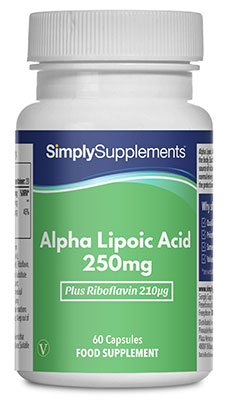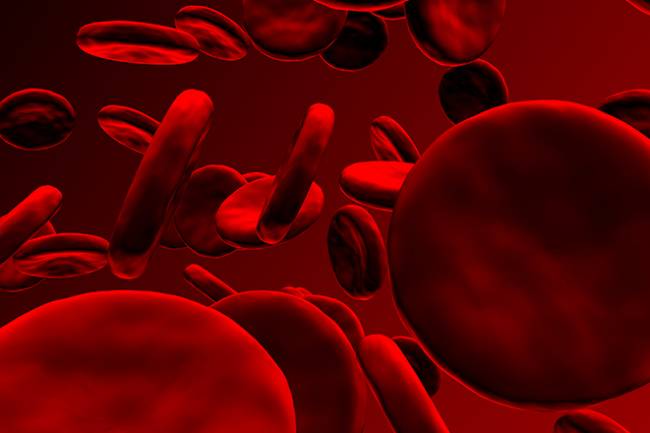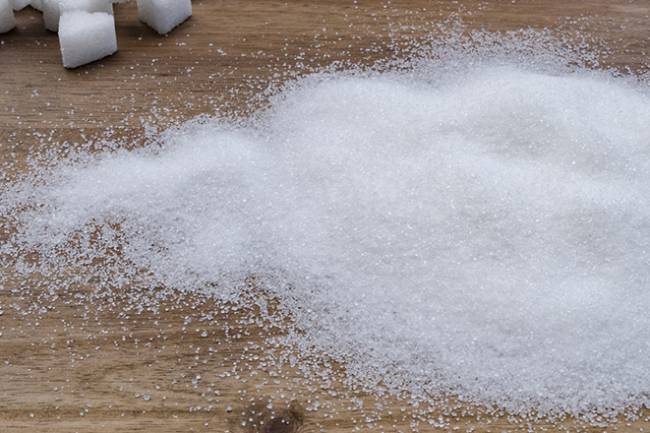Health Benefits of Alpha Lipoic Acid

Alpha lipoic acid is a powerful antioxidant that helps to protect against free radical damage and oxidative stress. In supplement form, it is often used to treat nerve damage associated with diabetic neuropathy or to support healthy weight loss.
What is Alpha Lipoic Acid?
Alpha lipoic acid, also known as ALA, is a powerful antioxidant naturally produced by the body. It is both fat and water soluble and is found in every single cell, where it plays a crucial role in the production of cellular energy through the conversion of glucose into energy.
The process of cellular energy production creates harmful by-products called free radicals that can damage healthy cells if left unchecked – damage that is a root cause of certain cancers, heart disease and type 2 diabetes.
Alpha lipoic acid neutralises free radicals and offers broad spectrum protection against the damage they can cause. As a result, it helps to slow down cellular ageing.
There is also evidence that ALA recycles other important antioxidants such as vitamin C and glutathione by making them active again, which further strengthens the body’s defences against free radical damage.
Benefits of Alpha Lipoic Acid
Diabetes
ALA may be beneficial for types 1 and 2 diabetes as it facilitates the conversion of sugar into energy, therefore improving blood sugar metabolism and insulin sensitivity. This sensitivity is backed up by a 2006 study, which mentions sensitivity levels in participants were at “level almost similar to that of subjects with normal glucose tolerance.” More research needs to be conducted until it can be fully recommended as a treatment, however. Another trial shows that taking 600mg twice daily may reduce the need for insulin, although this should only be done under the close supervision of a medical professional.
Along with the root causes of diabetes, there’s the possibility that ALA can also prevent complications that may occur with the disease. Research has shown that it can reduce the symptoms of conditions such as cataracts and vascular damage, both of which can be very serious and life-changing if left unchecked.
Neuropathy
Neuropathy is where nerve cells become damaged in the body – often a side effect of diabetes. This presents itself as burning, pain, and numbness usually beginning in the legs, followed by the arms. This is the reason why, in more serious cases, diabetics require feet and legs amputating – numbness and a lack of circulation causes wounds to stop healing and become seriously infected, if nothing is done. Periphery neuropathy is the most common, and ALA is one of the best-studied and most effective supplements for its treatment.
As oxidative stress is known to damage nerves, it makes sense that ALA, a powerful antioxidant, is used to prevent and slow the progression of nerve damage. One study has linked oxidative stress specifically to diabetic peripheral neuropathy, calling it an “important pathophysiological factor.” Another has found that ALA has “a favourable effect on neuropathic deficits without causing significant adverse reactions.” In fact, ALA is prescribed in several European countries at doses between 600 to 1200mg per day.
Metabolic Syndrome
Metabolic syndrome is the name given to a collection of conditions including obesity, diabetes and high blood pressure. The NHS states that it affects roughly one in four adults in the UK, with the chance of diagnosis increasing with age and with less healthy lifestyles. A great pressure is put on the cardiovascular system of those with metabolic syndrome, increasing the risk of heart attacks and strokes.
Alpha lipoic acid can treat a combination of risk factors for metabolic syndrome, including insulin resistance, high blood pressure and high triglycerides (lipids in the blood that are eventually stored as fat). One study observed it as having a positive effect on vascular reactivity and “general metabolism” in participants. It has also been shown to significantly enhance the effects of dieting and so many people take alpha lipoic acid for weight loss. A paper from the American Journal of Medicine showed that taking 1200mg of ALA daily resulted in losing more weight when compared to a control group.
Brain Function
As mentioned above, alpha lipoic acid supports good health in blood vessels, reducing inflammation in them. This may also explain how it can help to heal damaged blood vessels after a stroke. It also has the ability to cross the blood-brain barrier, which means that it easily passes through tiny blood vessels into the brain.
Being a strong antioxidant, ALA shields the brain and nerve tissue against free radical damage, which can attack some of the most sensitive areas of the brain. There is early evidence that it may offer some protection against Alzheimer’s disease. One experiment even proved that it might even be able to reverse memory impairment. Both of these experiments are the first steps in proving that ALA could have therapeutic effects on damaged brains.
Other areas that ALA can support include:
• Muscle growth: In recent years, alpha lipoic acid has become increasingly popular with bodybuilders to increase muscle size and reduce fat accumulation. ALA helps to store the carbohydrates you eat in muscle cells rather than fat cells, which increases the rate of muscle growth and weight loss.
• Migraines: Several small-scale studies have found that alpha lipoic acid may offer some relief from migraines. Findings suggest that taking 600mg per day for three months can significantly reduce the frequency, duration, and pain severity of migraine attacks.
• Heavy metal detox: Alpha lipoic acid may help to safeguard against heavy metal toxicity such as mercury and arsenic and safely expel them from the body.
Dosage
There is currently no established recommended daily intake for alpha lipoic acid. The body makes a small amount and it can be found in trace amounts in some food such as red meat, liver, yeast, spinach, and broccoli.
Clinical evidence suggests that healthy adults should consume somewhere between 100mg to 600mg per day for its antioxidant benefits. However, those taking ALA supplements for diabetes or bodybuilding may benefit from higher doses up to 1200mg. High doses should be split and taken throughout the day - your doctor will help you to decide how much is needed. ALA is best taken on an empty stomach - ½ hour before or 2 hours after food.
ALA supplements have not yet been studied in children or during pregnancy and for this reason, they should be avoided.
Side Effects
Alpha lipoic acid has an excellent safety record. As a result, alpha lipoic acid side effects are rare but can include upset stomach, dizziness, headache or mild skin rash. Allergic reactions are also possible, including hives, difficulty breathing, and swelling of the face and tongue.
Be aware of signs of low blood sugar as a result of taking the supplement, including hunger, weakness, nausea, drowsiness, confusion, and a fast heart rate. If you notice any of the signs mentioned here, stop taking ALA and speak to your doctor for medical advice.
If you suffer from liver disease, kidney disease, diabetes, low blood sugar or a thyroid disorder, please consult with a GP prior to supplementation. ALA may be safe at certain dosages but should be approved by your doctor. It may also interact with chemotherapy medications.
Conclusion
Being such a potent antioxidant, alpha lipoic acid has a beneficial effect all over the body. Being able to help with blood pressure also has excellent knock-on effects in other parts of the body, like in the brain, where it can help ease headaches and reduce stroke risk.
Much of the research also points to ALA being a great supplement for those living with diabetes; being able to help with the nerve pain associated with the condition and potentially increasing the body’s sensitivity to insulin. With a condition that can be a large burden for many, ALA may be able to provide relief in some areas of it, as well as having wider benefits around the body.
Sources:
https://www.webmd.com/vitamins/ai/ingredientmono-767/alpha-lipoic-acid
https://www.ncbi.nlm.nih.gov/pubmed/20421656
https://pdfs.semanticscholar.org/6b81/2bb9fac0f6c35866adfbc46a662940eeaf0c.pdf
https://www.sciencedirect.com/science/article/pii/S089990070100658X
http://diabetes.diabetesjournals.org/content/49/6/1006.short
http://care.diabetesjournals.org/content/22/8/1296.short
https://europepmc.org/abstract/med/11232755
https://www.sciencedirect.com/science/article/abs/pii/S0167494301001042
https://www.sciencedirect.com/science/article/pii/S0002934310007436

 Nicole
Nicole 

























